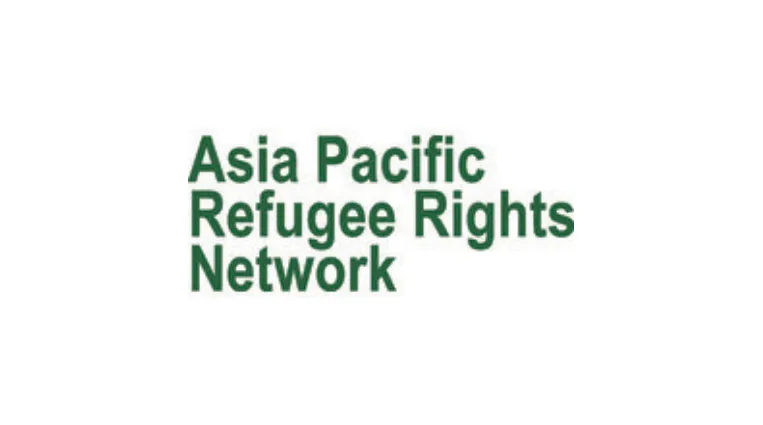APRRN Advocacy Briefer-Strategizing for Rohingya Refugee Protection and Durable Solutions
15 May 2025

Introduction
The Rohingya crisis remains one of the most pressing humanitarian challenges of our time, characterized by systemic persecution, forced displacement, and protracted statelessness. Since the Myanmar military’s brutal crackdown in 2017, which led to the mass exodus of over 740,000 Rohingya refugees to Bangladesh, the situation has worsened due to continued violence, deteriorating humanitarian conditions, and inadequate international response. This document provides an overview of the current crisis, its regional implications, and the challenges facing Rohingya communities across South and Southeast Asia.
Background and Current Crisis
Myanmar’s military regime has intensified repression since the 2021 coup, resulting in increased displacement, human rights violations, and a deepening humanitarian crisis. Over 2.6 million people are now internally displaced, and the Rohingya community continues to face severe restrictions on movement, lack of citizenship, and systematic discrimination amounting to apartheid. The rise of the Arakan Army (AA) in Rakhine State further complicates the situation, as Rohingya civilians are caught between conflicting factions and forced recruitment efforts.
Meanwhile, neighbouring countries, including Bangladesh, India, Malaysia, Thailand, and Indonesia, are grappling with the long-term impact of hosting Rohingya refugees. Many Rohingya face detention, lack of legal status, forced repatriation, and increasing hostility from host communities.
Regional Implications
- Bangladesh: Hosting over a million refugees, Bangladesh faces immense challenges, including funding shortages, security concerns, and worsening conditions in Cox’s Bazar camps. Efforts to relocate refugees to Bhasan Char Island have raised further concerns regarding sustainability and human rights.
- India: With an estimated 22,500 registered Rohingya, and thousands more unregistered, Rohingya refugees in India face growing hostility, arbitrary detentions, and the threat of deportation. A lack of legal recognition leaves them highly vulnerable to exploitation and abuse.
- Malaysia: As home to the largest Rohingya population in the region outside Bangladesh, Malaysia lacks a formal refugee protection framework, leading to widespread detention, discrimination, and exclusion from legal employment and education.
- Thailand & Indonesia: While these countries serve as key transit points, they have increasingly restricted Rohingya arrivals. Thailand has pushed back boats and detained 4 refugees in immigration centers, while Indonesia has seen rising xenophobia and misinformation campaigns that threaten its traditionally humanitarian response.
ကြေညာချက်များ
21 May 2025
Open letter: Malaysia must lead ASEAN with principle, not hypocrisy, to address the Myanmar crisis

Progressive Voice သည် မြန်မာနိုင်ငံတစ်ဝှမ်းရှိ အခြေခံလူတန်းစားအဖွဲ့အစည်းများနှင့် ရပ်ရွာအခြေပြုအဖွဲ့အစည်းများနှင့် ခိုင်မာသောကွန်ရက်များနှင့် ဆက်ဆံရေးကို ထိန်းသိမ်းထားသည့် အရပ်ဘက်လူ့အဖွဲ့အစည်းတွင် အမြစ်တွယ်နေသော မူဝါဒဆိုင်ရာ သုတေသနနှင့် စည်းရုံးလှုံ့ဆော်ရေးအဖွဲ့အစည်းဖြစ်သည်။ ၎င်းသည် မြေပြင်မှ အသံများကို ချဲ့ထွင်ကာ အခွင့်အရေးအခြေခံ ပေါ်လစီဇာတ်ကြောင်းကို ထောက်ခံအားပေးခြင်းဖြင့် နိုင်ငံတကာအသိုင်းအဝိုင်းနှင့် နိုင်ငံတကာ မူဝါဒချမှတ်သူများအား ပေါင်းကူးတံတားတစ်ခုအဖြစ် ဆောင်ရွက်သည်။